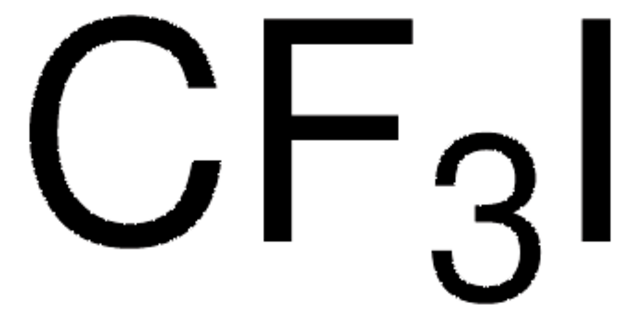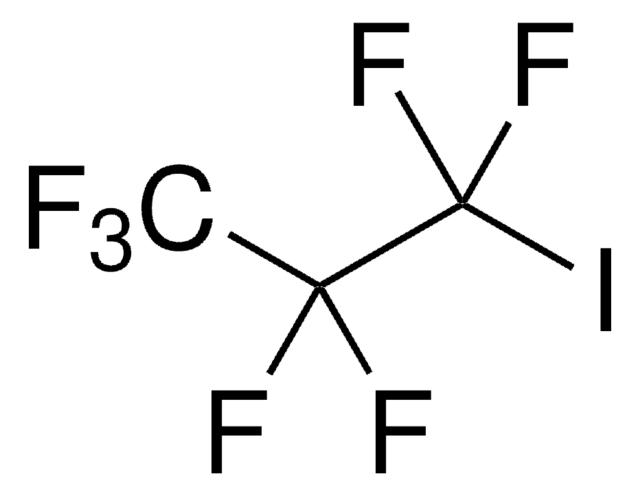About This Item
Recommended Products
vapor density
2.48 (vs air)
Quality Level
vapor pressure
4800 mmHg ( 20 °C)
Assay
≥99.5%
form
gas (compressed)
resistivity
1E9 μΩ-cm, 20°C
pH
1.8 (20 °C, 6.4 g/L)
bp
−34 °C (lit.)
mp
−101 °C (lit.)
SMILES string
ClCl
InChI
1S/Cl2/c1-2
InChI key
KZBUYRJDOAKODT-UHFFFAOYSA-N
Looking for similar products? Visit Product Comparison Guide
Application
It can be used:
- As a reactant for the extraction of gold from an alluvial material via a pyrometallurgical process.
- To synthesize carbide-derived carbons (CDC) from zirconium carbide.
Packaging
Compatible with the following:
- Aldrich® lecture-bottle station systems
- Aldrich® lecture-bottle gas regulators
Other Notes
Legal Information
also commonly purchased with this product
control valve
hose barb
purge valve
recommended
Signal Word
Danger
Hazard Statements
Precautionary Statements
Hazard Classifications
Acute Tox. 2 Inhalation - Aquatic Acute 1 - Eye Irrit. 2 - Ox. Gas 1 - Press. Gas Compr. Gas - Skin Irrit. 2 - STOT SE 3
Target Organs
Respiratory system
Storage Class Code
2A - Gases
WGK
WGK 2
Flash Point(F)
Not applicable
Flash Point(C)
Not applicable
Personal Protective Equipment
Choose from one of the most recent versions:
Already Own This Product?
Find documentation for the products that you have recently purchased in the Document Library.
Articles
Solvias MeOBIPHEP Ligands: State-of-the-art atropisomeric MeOBIPHEP ligands, also referred to as MeO-BIPHEP, originally developed by Roche, have an extraordinarily broad performance profile for many synthetic applications due to their modular ligand design.
Solvias MeOBIPHEP Ligands: State-of-the-art atropisomeric MeOBIPHEP ligands, also referred to as MeO-BIPHEP, originally developed by Roche, have an extraordinarily broad performance profile for many synthetic applications due to their modular ligand design.
Solvias MeOBIPHEP Ligands: State-of-the-art atropisomeric MeOBIPHEP ligands, also referred to as MeO-BIPHEP, originally developed by Roche, have an extraordinarily broad performance profile for many synthetic applications due to their modular ligand design.
Solvias MeOBIPHEP Ligands: State-of-the-art atropisomeric MeOBIPHEP ligands, also referred to as MeO-BIPHEP, originally developed by Roche, have an extraordinarily broad performance profile for many synthetic applications due to their modular ligand design.
Our team of scientists has experience in all areas of research including Life Science, Material Science, Chemical Synthesis, Chromatography, Analytical and many others.
Contact Technical Service











